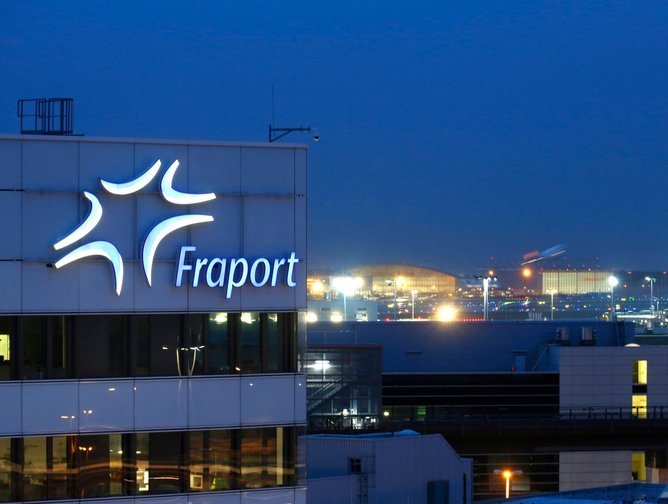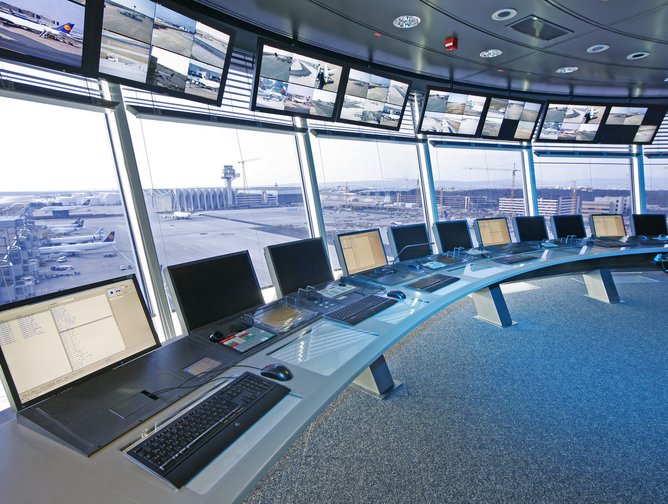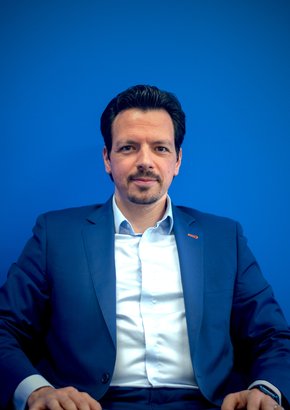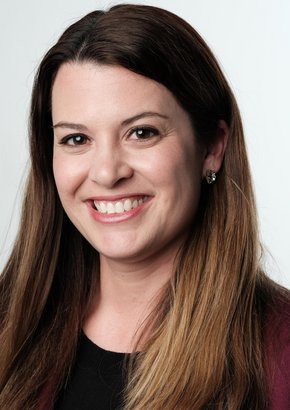
Dr. Wolfgang Standhaft
Senior Executive Vice President, Fraport AG

The travel and aviation industries are undergoing recovery from the COVID-19 pandemic. In its wake, aviation is now faced with two major challenges: decarbonisation and financial recovery.
To increase the flow of passengers and ensure that airports remain safe and compliant with regulations, Fraport AG is responsible for the implementation of digital solutions across Frankfurt Airport, as well as 29 others across Europe, North- and South America, and Asia.
The company’s Chief Information Officer, Wolfgang Standhaft (internally the Senior Executive Vice President), leads digital development at its airports with over three years in the position. Before joining Fraport AG, Standhaft worked more than a decade as Global CIO for HeidelbergCement —one of the world’s leading companies for heavy building materials
Earlier in his career, Standhaft was involved in software development and consultancy for a large prime-share software company. Afterwards, he worked for a retail giant to manage European IT systems. His work with HeidelbergCement provided a different perspective as he worked on digital solutions for the building materials company.
Standhaft’s prior work experience led him to his current role at Fraport AG, which he believes is closely linked, and he has since worked to improve the efficiency of the airport solutions, as well as optimise processes on the land and air sides of operations, maintenance of facilities and ground-handling. He is committed to ensuring that both passengers and staff are looked after for the duration of the light process—from the passenger stepping into the terminal to arriving at their destination.
A difficult period demands airport digital transformation
Standhaft has been faced with various technical challenges over the course of his employment as CIO for the company. A complex operational environment requires a sophisticated management system.
“We have to face the fact that the environment that was used to develop the majority of the current systems is somehow outdated,” says Standhaft as he explains the significance of technical debt and divulges how the organisation will migrate its IT solutions to the cloud, making them “more flexible and to open them via API”.
In addition to the current developments at Fraport, the company will “use the most modern technology in order to improve our processes further”.
“As you know, we at Fraport in Frankfurt ‒ but also with the other airports, like all the other players in our market ‒ were severely hit by the COVID crisis,” Standhaft says. “We had to go to some saving rounds in terms of reducing cost. We want to make sure that, moving into the future, we keep the maximum flexibility due to all the uncertainties our time brings, in order to make sure that we maintain the highest level of operations moving forward.”
For the foreseeable future, Fraport will work with technology further to optimise some of the basic airport processes and will achieve this with the assistance of artificial intelligence. “We are focusing in many areas on one of the technologies, which we internally define as a potential game-changer—artificial intelligence (AI).”
With the support of AI, Fraport will optimise airport stands ‒ the areas dedicated to the maintenance, loading of luggage and boarding of passengers onto an aircraft ‒ and the flow of passengers and luggage through the airport.
Read the full story HERE.


Featured Interviews
We’ve built some unique features into our insurance program specifically because we’ve listened to courier partners in every country






